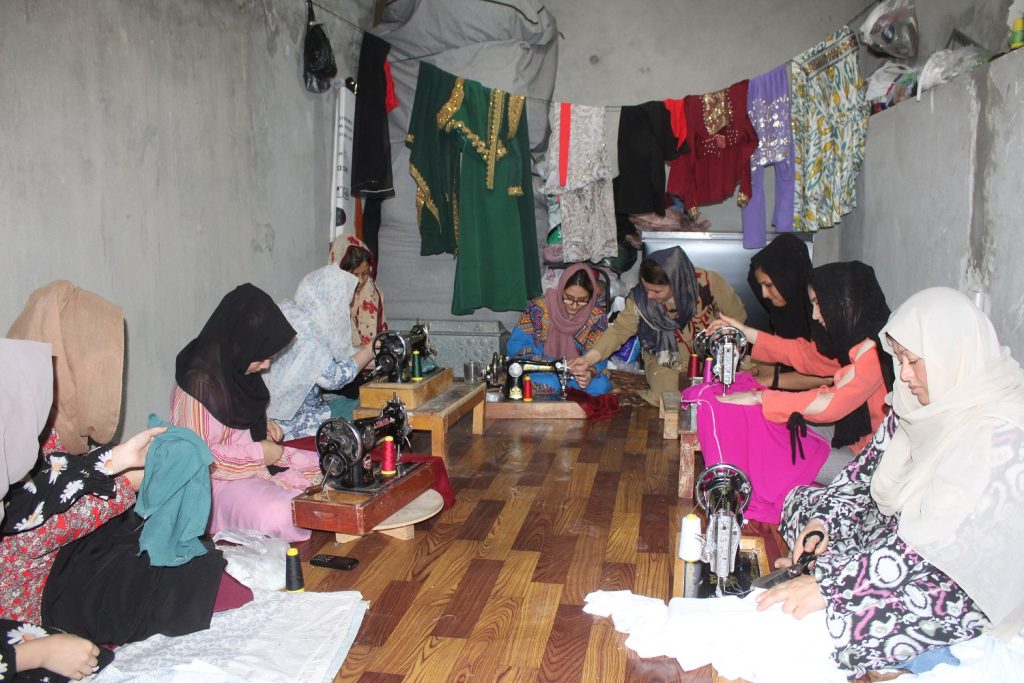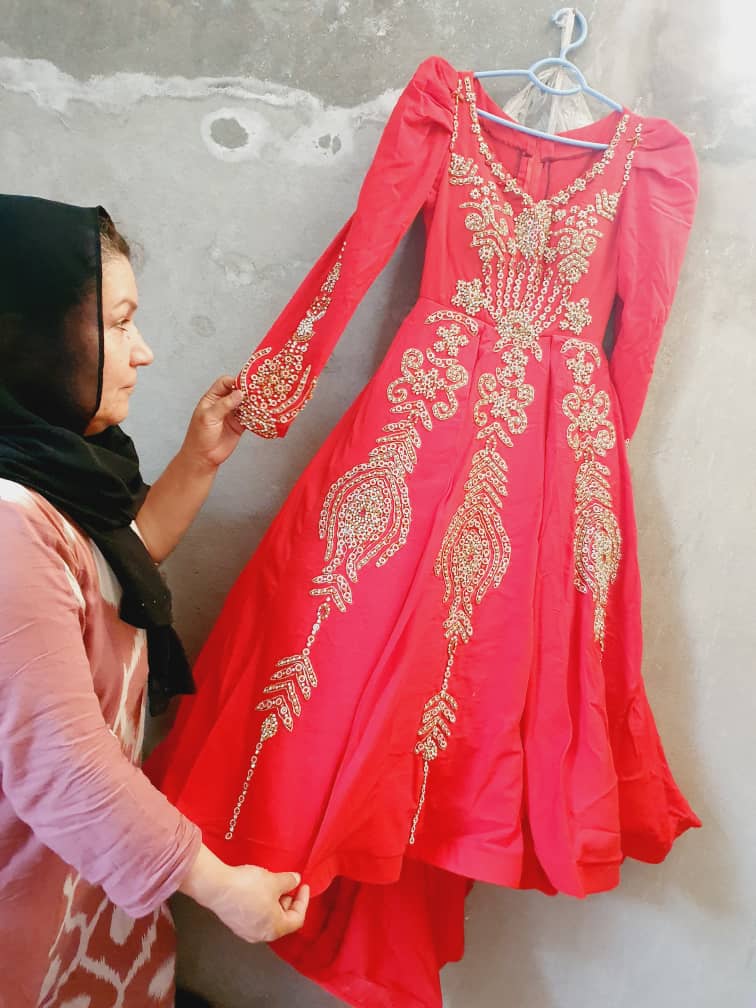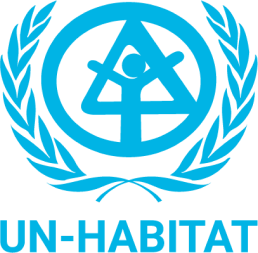Zulaikha Ahmadi, a 46-year-old mother of three, living in district 9 gozar 4 of Mazar-e-Sharif, a trainer in tailoring who also operates her own small tailoring business to support her family needs.
“For the past 10 years I have worked as a tailor making an average of 5,000 AFN per month. This was not enough to support my family needs since my husband is old and jobless.”
One day Zulaikha heard that she was selected by the Community Development Council (CDC) to be among the women to build capacity of 60 other women in her community for three-months in tailoring skills. She was very happy that she will be among the women to support her fellow community women and girls.

“When I was told that I will be part of the women that will be conducting trainings in tailoring in my community for other women, I felt very happy, and I knew this is my chance to contribute to my community and empower my fellow women”.
Through the Area Based Approach to Development Emergency Initiatives (ABADEI) programme with the generous support of the Special Trust Fund for Afghanistan (STFA), UN-Habitat is promoting women empowerment and inclusion to enable make a better urban future for all. The ABADEI programme is a joint UN programme in Afghanistan that is implemented by 16 UN agencies and aims at sustaining essential services and addressing basic human needs for people of Afghanistan, enabling women and men to earn a living without being displaced, and with dignity.
In district 9 gozar 4 of Mazar-e-Sharif, the ABADEI programme through CDCs selected 12 women as tailoring trainers, one of them being Zulaikha to support building capacity of 60 other women selected by the same CDCs in tailoring skills. The training was conducted for a period of three months. The trainings were conducted in women safe spaces specifically in tailoring centers of the tailoring trainers that provided safety and protection to both the tailoring trainers and trainees. The trainees were grouped into smaller groups of not more than 10 women to enable easy facilitation of the trainings. Key topics such as machine operation, sewing different clothes, designing, measurement and cutting of fabric, stitching and ironing of cloths were taught to the trainees with most of the sessions focusing on hand-on.
During the training, the programme provided waged income for the 12 tailoring trainers including Zulaikha at 7,820 AFN (about 92 USD) a month for three months. This was provided to encourage the tailoring trainers to provide quality skills trainings and to commit to the women trainees. The waged income was also used by the tailoring trainers to procure equipment and materials that supported the provision of the training and increased their production and income. The 60 trainees were also put on waged income for three-months with each woman getting a total of 11,730 AFN (about 138 US dollars) for the entire training period. The income was provided to enable the newly trained women use it as a start-up capital to purchase materials and equipment after completion of the trainings. Fabric was also provided by UN-Habitat that was used for practical sessions.

“The project has not only supported me with income, but it has also provided me with human resources and materials, and an opportunity to support my community and empower fellow women. During the training sessions, I was provided with free fabrics that was used by the women I was training. Combined with the wages I earned, I was able to procure additional machines that I did not have like the button holder, zigzag, overlock and embroidery machines which have also played a big role in equipping the women trainees with knowledge on use of advance tailoring skills and have boosted my tailoring business. Previously I employed only two women but now I have included the 10 women as part of apprenticeship which has not only provided me with human resources, but it is strengthening the women trainee skills with on-the-job continuous skills training. This has increased my customer base and income from 5,000 AFN a month to 15,000 AFN a month.”
The programme has not only provided tailoring skills to the 60 women, but it has also strengthened existing tailoring businesses run by women like Zulaikha. Prior to the support, Zulaikha was employing only two women and did not have capacity to support or build skills of other women in her community. With support from the programme, she has managed to build capacity of 10 women in her community. Currently she has taken on board the 10 women trainees that she was assigned after the three months training concluded and put them on apprenticeship. This has increased her client base by 80% leading to an increase in her business income by 200% from 5,000AFN to 15,000AFN a month while continuing to build skills of the trainee women through on the-the-job mentorship.
The STFA ABADEI funded programme, is one of the programmes that show commitment to empowering Afghan women that lead to a better urban future for all.


